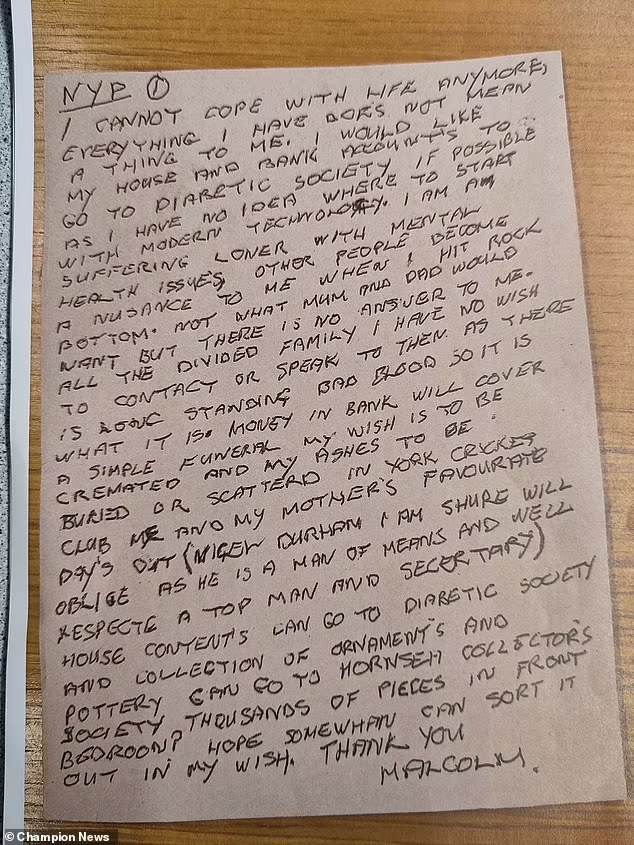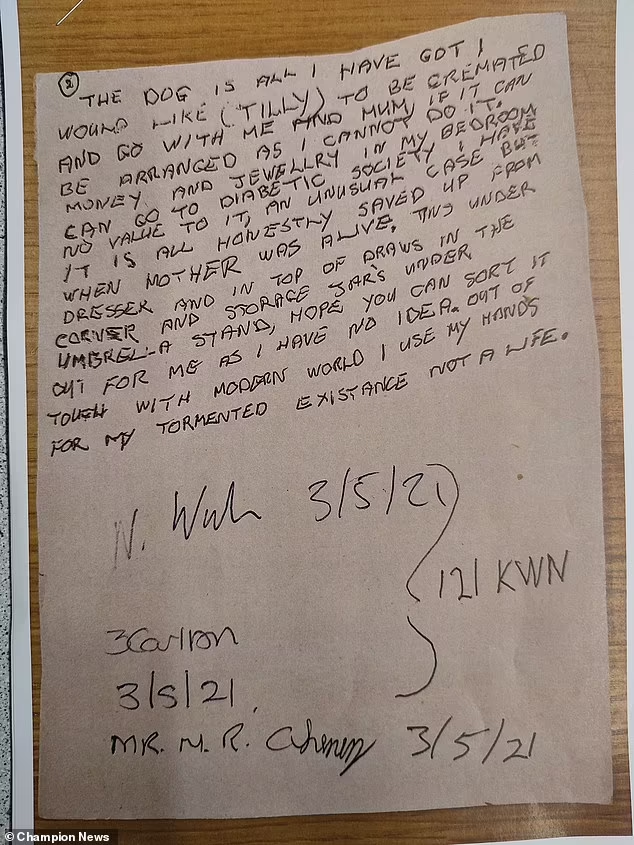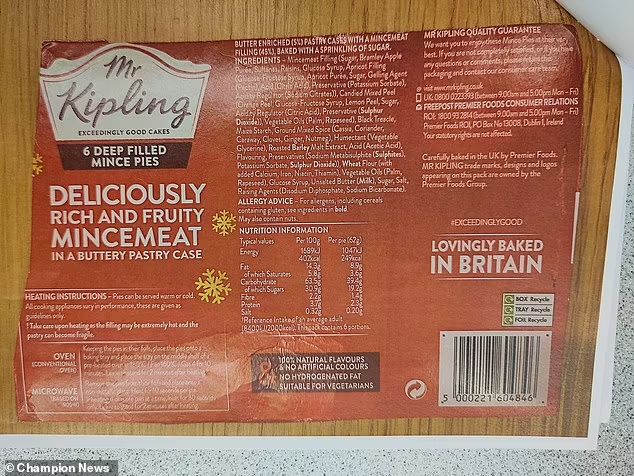Mr Kipling may be well known for his ‘exceedingly good cakes’, but more recently, his seasonal sweet treats have been in the spotlight at the heart of a will validity quandary in London’s High Court.
Malcolm Chenery died in 2021, leaving an estate comprised of a three-bedroom house, money and jewellery belonging to his late mother. Prior to his death, Malcolm had executed a homemade will, with the first page being handwritten on the back of a box of Young’s frozen chip shop fish, and the second on the back of a box of Mr Kipling mince pies. His entire £180,000 estate was left to the British Diabetic Association.
Upon admitting the will to probate, the charity had to overcome quite the legal hurdle as the two ‘pages’ of the will were written on separate boxes which were unattached. The first page written on the back of the Young’s box gifted the house, its contents and money to the charity, whilst the second page being the Mr Kipling box containing both Malcolm and the witnesses’ signatures
Following s9 Wills Act 1837, no will shall be valid unless:
- It is in writing, and signed by the testator, or by some other person in his presence and by his direction; and
- It appears that the testator intended by his signature to give effect to the will; and
- The signature is made or acknowledged by the testator in the presence of two or more witnesses present at the same time; and
- Each witness either-
- Attests and signs the will; or
- Acknowledges his signature in the present of the testator (but not normally in the present of any other witnesses), but no form of attestation shall be necessary.
Sam Chandler, who represented the charity, established that the court had two questions to answer. Firstly, ‘whether the pieces of cardboard can be admitted to probate in solemn form. The second questions is how the Wills Act operates when the will is contained in disconnected pieces of paper (and) whether the form of the will and the manner of the execution complies with the formal requirements of the Wills Act 1837’.
In his submissions, Mr Chandler commented that the two pieces of cardboard were treated as a whole document by the testator and written in the same pen, with overlapping subject matter, indicating they were made at the same time.
Further adding to the unique situation, the charity’s claim was in fact uncontested notwithstanding that should the will be found invalid, such family members would benefit from Malcolm’s estate. Many of Malcolm’s family members explained diabetes ran within the family which is why Malcolm had chosen the charity to benefit from his estate.
Master McQuail when handing down judgment noted that Malcolm did not intend to die intestate, and his family’s medical history gave reason for the testamentary wishes.
The issue surrounded the disconnecting pieces of cardboard, that the document ‘clearly intended from its context to be a will. It was described to the witnesses as a will’ and as a result was admitted in solemn form to probate.
Preparing and executing a homemade will which is later found to be invalid can result in various scenarios which could not be representative of the testator’s intention, in either an earlier will being admitted to probate, or an estate being administered in accordance with the rules of intestacy. In addition, there could be unintentional tax ramifications. Making an application for a will to be admitted in solemn form could result in costly litigation, in addition the risk of a departure from the testator’s wishes. Therefore it is advisory to seek legal advice to ensure any testamentary wishes are encapsulated into a legally binding document.
The information provided in this article is provided for general information purposes only, and does not provide definitive advice. It does not amount to legal or other professional advice and so you should not rely on any information contained here as if it were such advice.
Wright Hassall does not accept any responsibility for any loss which may arise from reliance on any information published here. Definitive advice can only be given with full knowledge of all relevant facts. If you need such advice please contact a member of our professional staff.
The information published across our Knowledge Base is correct at the time of going to press.






